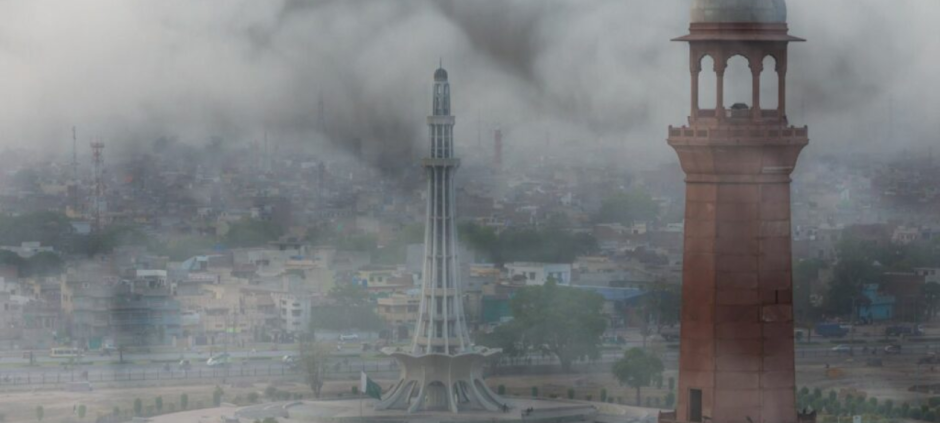A recent survey by Ipsos Pakistan reveals alarming health impacts of smog across the country, with 68% of Pakistanis reporting health problems attributed to air pollution. The most commonly reported issues include coughing (68%), flu (66%), difficulty breathing (37%), and eye irritation (29%). The situation is particularly severe in Punjab, where 77% of respondents report suffering from smog-related health conditions.
Rawalpindi and Islamabad have the highest rates of respiratory illnesses in Punjab, with 87% of respondents affected, followed by Lahore at 84%. In Khyber Pakhtunkhwa, Peshawar also reported a significant impact, with 76% of respondents experiencing smog-related respiratory problems.
Also Read: Punjab Governor Declares Smog Emergency
The findings underscore the urgent need for interventions to address the growing smog crisis in Pakistan. Recently, Interior Minister Mohsin Naqvi and World Bank Country Director Najy Benhassine discussed joint initiatives to combat smog and promote sustainable development in Punjab and Islamabad.
The air quality crisis has been particularly severe in Lahore and Multan, with Multan’s Air Quality Index (AQI) surpassing the hazardous level of 2,000 twice in recent weeks. Emergency responses have been triggered in both cities, while Islamabad has also experienced “very unhealthy” air quality for the past two weeks.
The widespread health impact of smog highlights the critical need for action to reduce toxic pollutants and protect public health.











